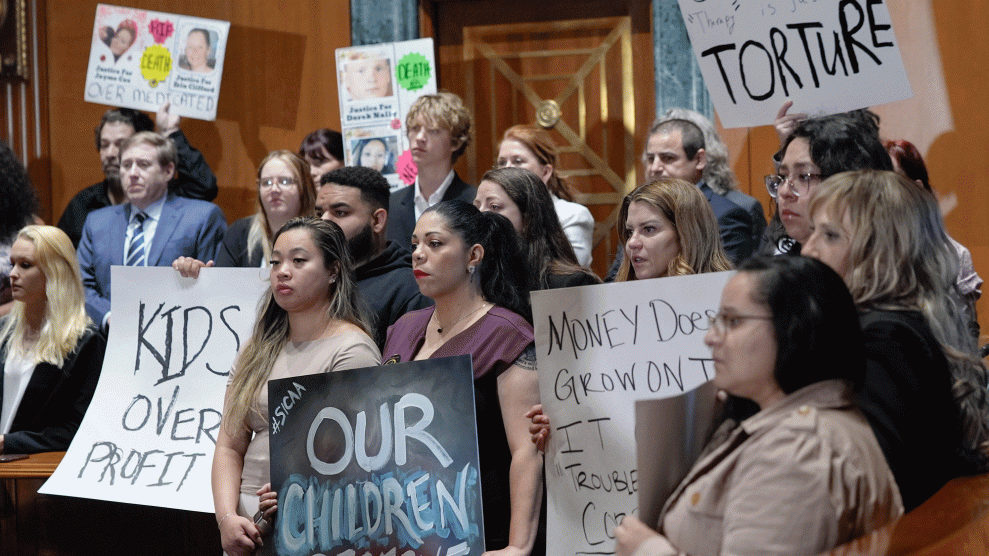Threat Level reports that a guy named Steve Gibson has hit on a semi-new way to make money:
Borrowing a page from patent trolls, the CEO of fledgling Las Vegas-based Righthaven has begun buying out the copyrights to newspaper content for the sole purpose of suing blogs and websites that re-post those articles without permission. And he says he’s making money.
….Gibson’s vision is to monetize news content on the backend, by scouring the internet for infringing copies of his client’s articles, then suing and relying on the harsh penalties in the Copyright Act — up to $150,000 for a single infringement — to compel quick settlements. Since Righthaven’s formation in March, the company has filed at least 80 federal lawsuits against website operators and individual bloggers who’ve re-posted articles from the Las Vegas Review-Journal, his first client.
….Gibson claims Righthaven has already settled several lawsuits, the bulk of which are being chronicled by the Las Vegas Sun, for undisclosed sums.
Full disclosure: last year I received a surprise windfall of $75 because, apparently, some newspaper somewhere reprinted one of my blog posts. Mother Jones collected the licensing fee and sent it along to me. Marian and I had a nice dinner with the proceeds, and this has naturally made me permanently beholden to Big Licensing.
That said, I’m surprisingly ambivalent about this. I feel like my immediate reaction ought to be outrage over The Man using a stable of high-priced lawyers to extort settlements out of little guys who are hardly more than the e-equivalent of old style xeroxed newsletters sent to a fan base of a few hundred. Doesn’t corporate America have better things to do?
On the other hand, reposting entire news articles is such a plain copyright infringement that it’s hard to feel that copyright owners shouldn’t have any redress. I mean, come on: everyone knows you aren’t allowed to reprint entire articles.
On the third hand, threatening to sue? Seriously?
On the fourth hand, I wonder if some of the early settlements are just warmups for going after aggregation sites that repost huge quantities of material? I don’t have much sympathy for these sites, the same way I didn’t have much sympathy for Napster. Having RIAA take high school kids to court for sharing songs is nasty stuff, but taking down an entire site devoted to massive copyright infringement? Well, why not?
On the fifth hand, isn’t this a self-extinguishing business model? If Gibson starts winning some big settlements, then people will figure out the danger and stop infringing. Or else they’ll take it offshore, or hide their ownership somehow. In either case, Gibson’s revenue stream dries up. RIAA was trying to get people to stop sharing songs, so their cyber-terror campaign could be judged successful if it reduced the traffic in music and video sharing regardless of whether it was a net money maker.1 But making money is all Gibson wants to do. How can he do that in the long run?
So….I dunno. On balance, it all seems pretty scummy to me unless Gibson starts going after some big guns instead of random dudes who run fan sites. Pick on someone your own size, Steve.
1I’m curious: was it successful? I’m guessing it probably wasn’t, but I don’t keep up enough with this stuff to know. Did song and video sharing go down at all during RIAA’s five-year reign of lawsuit hell?
UPDATE: An anonymous commenter says: “Heard on the radio the other day that the RIAA has spent $57 million on lawyers and has recovered $3 million or so. Meanwhile downloads have increased 40X since they started. I haven’t seen that level of incompetence since Cheney was president.”
“Heard on the radio the other day” doesn’t exactly scream reliability, but we’ll go with it for now. Apparently the whole effort was not only incredibly dickish, it was a massive fiasco too.
















